Anton Schauble introduces Mark Tushnet, a leading scholar of constitutional law who has taught at prestigious universities and clerked for US Supreme Court Justice Thurgood Marshall. Mark’s recent book, Who Am I to Judge? Judicial Craft Versus Constitutional Theory, argues that no theory of constitutional interpretation is effective in constraining judicial decision-making, not just the more rigid ones like originalism. Anton, recognizing that theories are often seen as devices to prevent judges from imposing their personal preferences, asks Mark to explain how these theories fail to constrain judges in practice.
Mark explains that constitutional interpretation theories, such as originalism, have become dominant in describing Supreme Court actions. These theories are meant to limit the influence of judges’ personal biases on decisions, but Mark argues that, in reality, none of these theories effectively constrain judges. Despite their intellectual appeal, these theories often become so complicated and flexible that judges can manipulate them to reach preferred outcomes, ultimately rendering them ineffective in curbing personal bias.
Limitations of constitutional interpretation theories
Mark delves deeper into the core problem with constitutional theories: They lack practical applicability in judicial practice. He distinguishes between the academic practice of constructing theories of constitutional interpretation and the judicial practice of applying them. While academics develop these theories with the intent of creating a rigorous framework, judges don’t have the time or resources to engage with these theories in their entirety. Instead, judges become “selective theoretical actors,” choosing among incomplete or partially developed theories that don’t fully constrain their decision-making. Mark argues that judicial practice, therefore, becomes an exercise in applying these theories in a “half-baked” way, which often leads to policy decisions rather than neutral interpretations of the law.
Anton asks whether this is a flaw in the theories themselves or a reflection of the judges’ personal biases. Mark’s answer is nuanced, noting that while some judges may believe they are neutrally applying the law, their decisions inevitably involve policy choices, and they often work within incomplete or improvised interpretations of constitutional theories. This, Mark suggests, is a problem inherent in the theories themselves, as their complexity and vagueness allow judges too much room to influence outcomes.
Mark’s critique is not about rejecting the possibility of having a theory of constitutional interpretation, but rather about recognizing the gap between theoretical construction and practical judicial application. He emphasizes that theories, while designed to constrain, ultimately leave too many opportunities for judges to impose personal preferences. This is exacerbated by the complexity and open-ended nature of these theories, which make it difficult to apply them consistently and in a manner that limits personal biases.
Judicial decision-making as policy-bound
Mark continues to argue that even though the goal is to have judges interpret the law neutrally, judicial decisions often end up being policy-driven. This dynamic is evident in both common law and civil law systems. Anton asks whether this tendency is unique to the common law system or whether civil law systems, with their more detailed legal codes, face similar limitations. Mark expresses skepticism toward the claim that civil law systems inherently offer stronger constraints than common law systems. Though civil law systems may appear more structured in their decision-making, Mark argues that they face similar challenges in applying fixed legal norms to unique and complex cases.
The tension between legal theory and judicial practice becomes more apparent when one considers the challenges judges face when interpreting laws that must be applied to ever-evolving societal issues. Mark contends that the inevitable complexity of real-world cases, combined with the flexibility inherent in both common law and civil law systems, leads to a form of judicial decision-making that is deeply intertwined with policy choices, no matter the legal theory a judge espouses.
Originalism and living constitutionalism
Mark and Anton explore the two most prominent constitutional interpretation theories: originalism and living constitutionalism. Both have their critics and adherents, yet Mark critiques both as flawed practical tools. Originalism, with its emphasis on the US Constitution’s original meaning, can lead to seemingly progressive outcomes, as seen in cases like Employment Division v. Smith and McGirt v. Oklahoma. Mark points out that the richness and complexity of originalist materials allow judges to construct interpretations that can lead to a broad range of outcomes. This flexibility makes it possible for originalist reasoning to support progressive results, but it also reveals how originalism is, in practice, just as malleable as any other interpretive theory.
Living constitutionalism, which argues that the Constitution should evolve to reflect contemporary values, is similarly problematic in Mark’s view. While it seeks to align constitutional interpretation with modern principles, living constitutionalism relies on judges to interpret what contemporary values are. Mark challenges the assumption that judges, who are less democratically accountable than legislators, are better equipped to discern and implement the will of the people. He notes that living constitutionalists often prioritize “deep” values over transient majorities, but this can lead to an undemocratic concentration of power in the judiciary.
The role of judges
The conversation between Mark and Anton explores the evolving understanding of the role of judges in interpreting the law. As they discuss the limitations of strict theories like originalism or living constitutionalism, Mark argues for a more nuanced approach that embraces pluralism, experience and judgment. He contends that judges should think of themselves primarily as lawyers, with a responsibility to apply legal reasoning pragmatically rather than simply adhering to abstract theories. This allows for more flexibility and the inclusion of policy considerations, which should be balanced with the weight of prior decisions. While acknowledging the potential dangers of judicial activism, Mark highlights the importance of integrating personal judgment within the bounds of legal tradition.
Mark also critiques the idea that judges must strictly adhere to theoretical frameworks when deciding cases. Instead, he suggests that a good judge relies on their “lived experience” — an intuitive understanding developed through practical legal experience rather than abstract theorizing. This intuition helps judges navigate complex cases by blending experience and judgment. Furthermore, Mark rejects the idea that judges are merely deciding what the law “should” be, arguing that their decisions are legitimate as long as they are “visibly lawlike.” This approach, he believes, aligns judges more closely with democratic principles than rigid theories that may detach them from real-world legal contexts.
Holmes and Cardozo: ideal judges
In the latter part of the discussion, Mark reflects on two great justices, Oliver Wendell Holmes and Benjamin Cardozo, both of whom exemplified the qualities of a great judge without being overly constrained by theory. Holmes, deeply shaped by his Civil War experience, maintained a practical, fatalistic approach to the law, viewing it as a force beyond personal ideals. Cardozo, on the other hand, demonstrated intellectual curiosity, delving into fields like psychology and sociology to inform his legal reasoning. These justices were not bound by a singular theory but drew upon their broad experiences and knowledge to craft decisions that had lasting impact.
Mark advocates for a more expansive understanding of what qualifies a judge, urging the consideration of varied life experiences and intellectual curiosity over strict professional paths, such as prior judicial experience. He suggests that the current focus on high-level appellate litigators limits the diversity of perspectives on the Supreme Court. Instead, the ideal judge should possess wide-ranging experience, an openness to diverse fields of thought and a strong sense of human empathy. This blend of practical experience and intellectual exploration, he concludes, is key to producing wise and effective judicial decision-making.
[Lee Thompson-Kolar edited this piece.]
The views expressed in this article/video are the author’s own and do not necessarily reflect Fair Observer’s editorial policy.







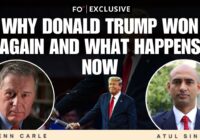
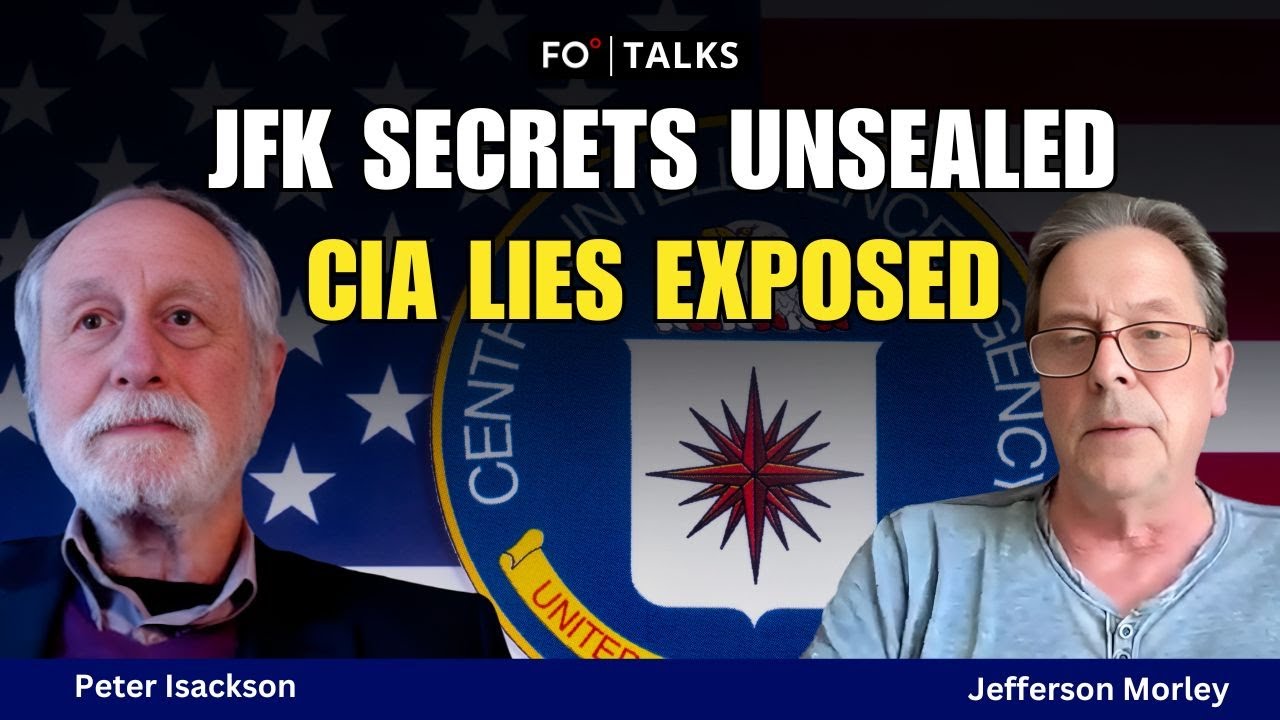





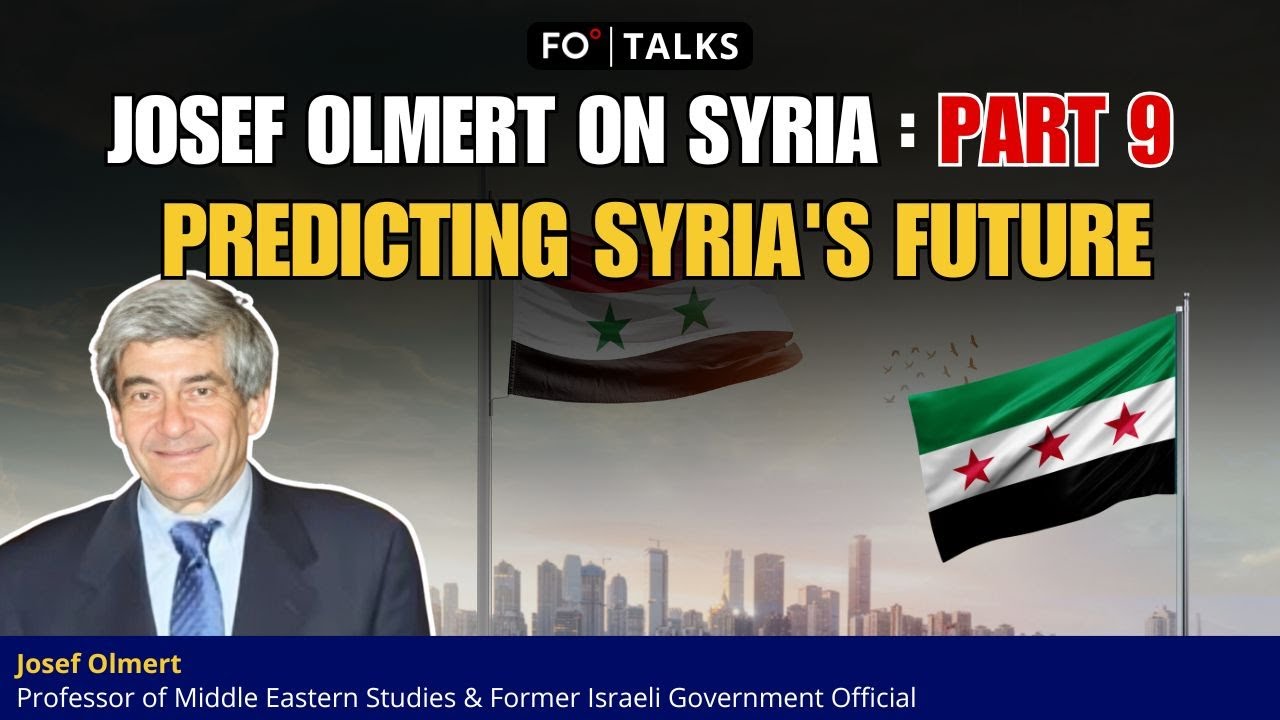



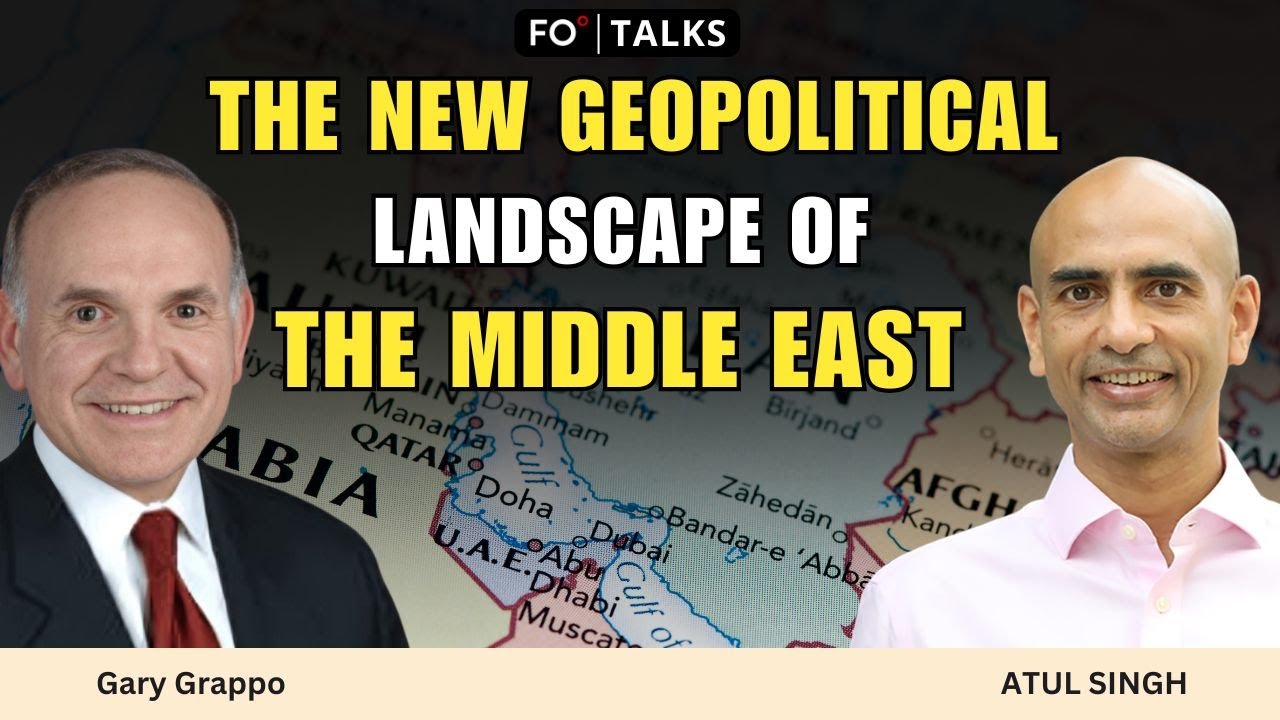




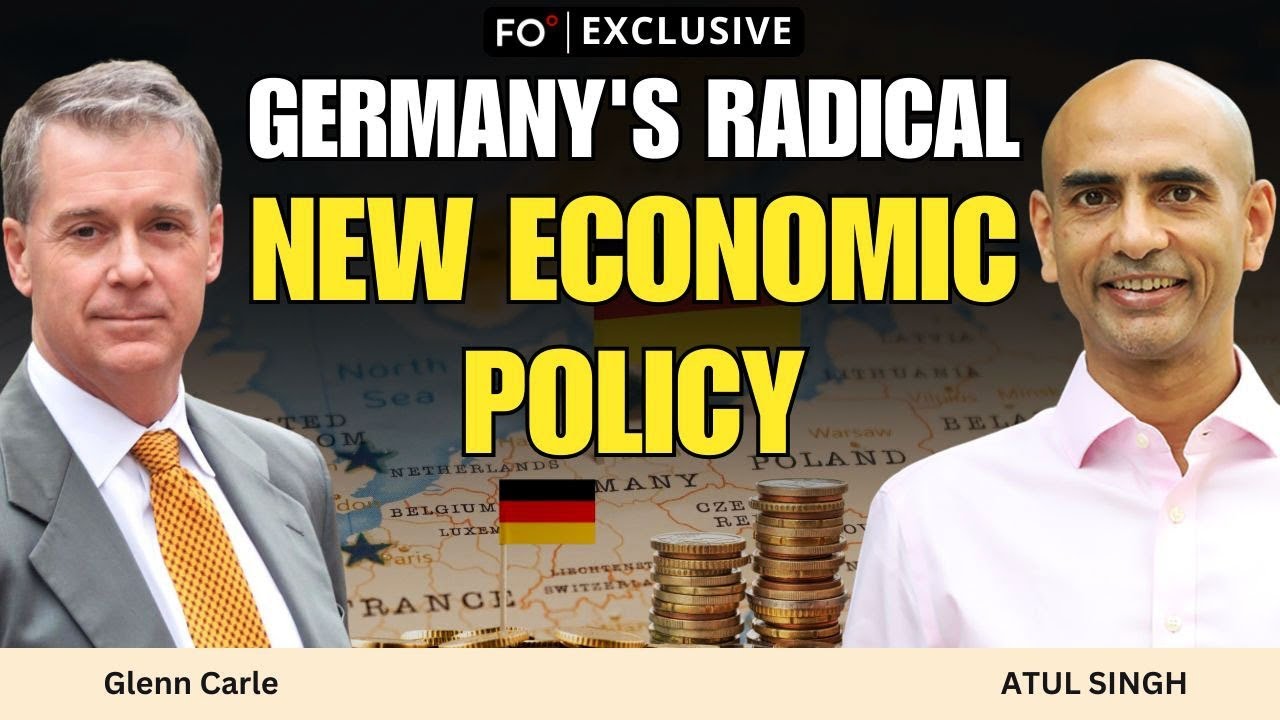
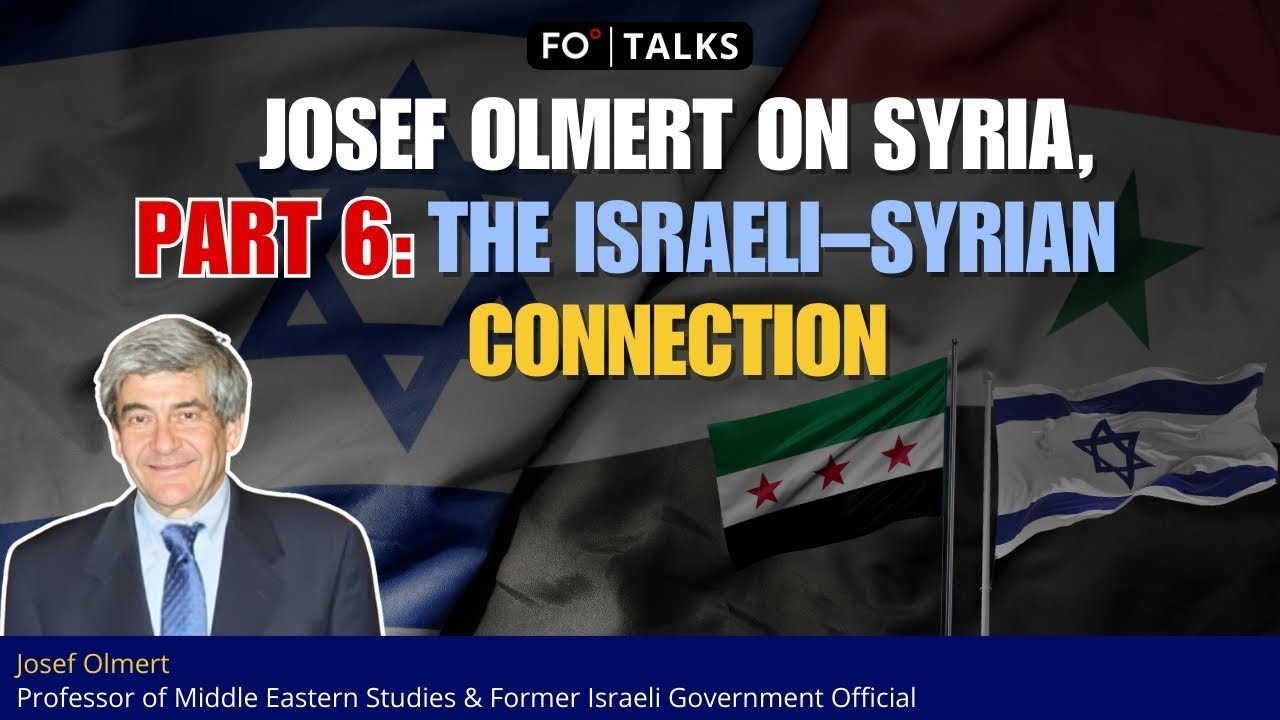
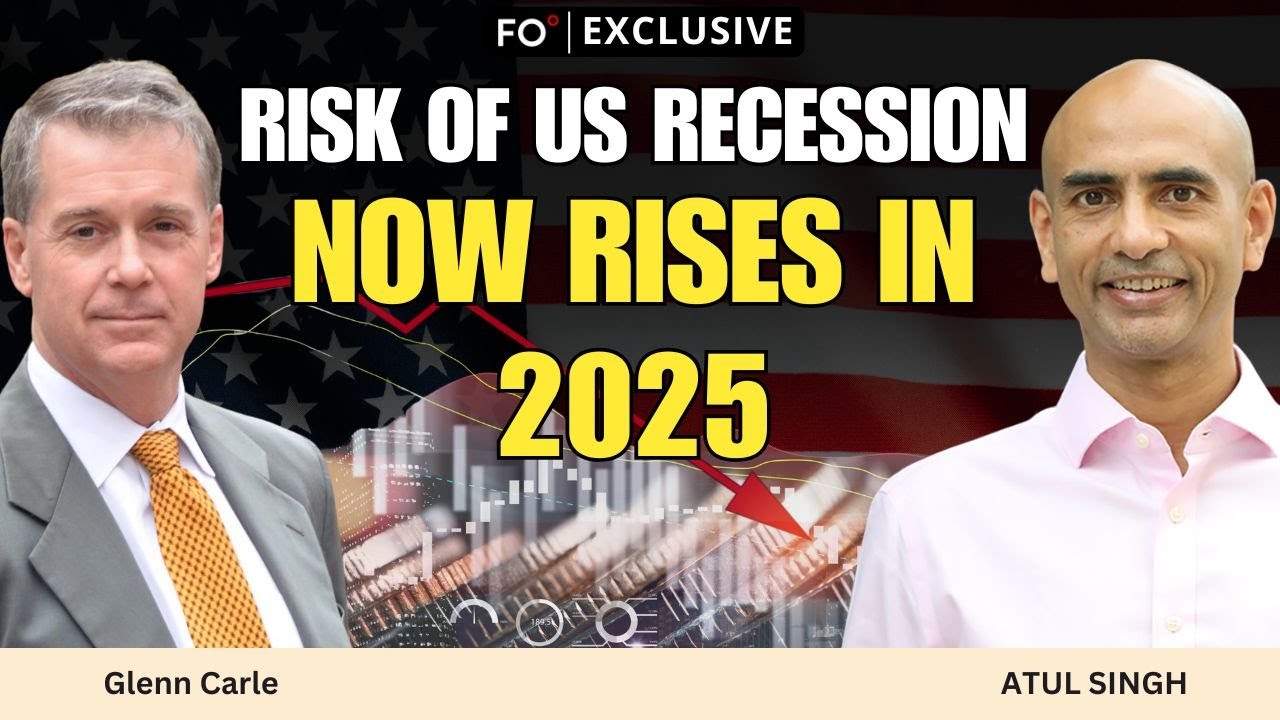


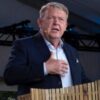
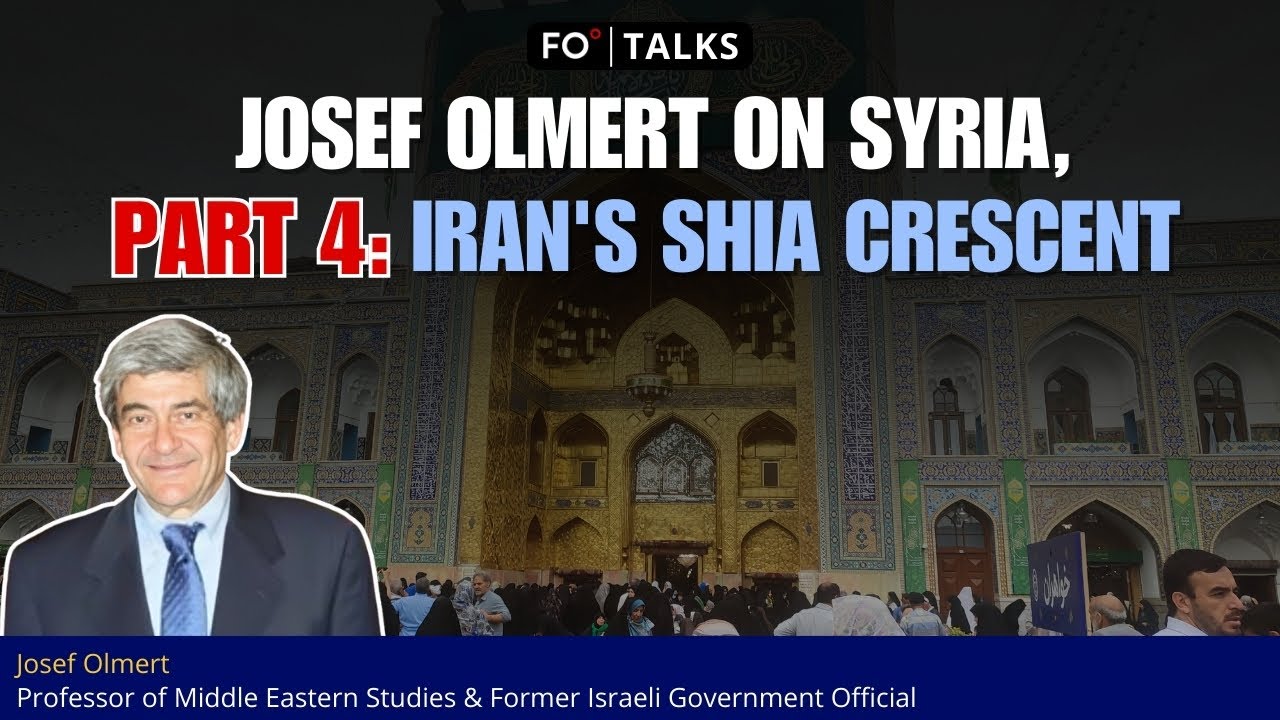








Comment